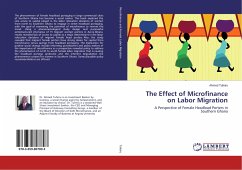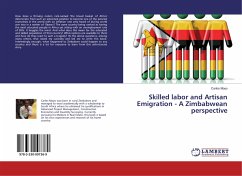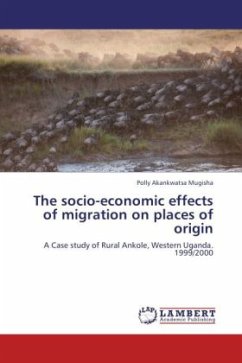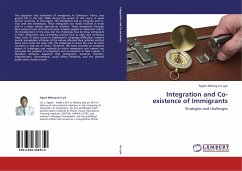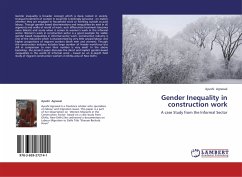The phenomenon of female headload portaging in large commercial cities of Southern Ghana has become a social canker. This book explored the role access to capital played in the labor relocation decisions of women from north to Southern Ghana to engage in street headload portaging, with the goal of examining the potential of microfinance to reverse this trend. Using a phenomenological study design and purposeful semistructured interviews of 15 migrant women porters in Accra-Ghana, results revealed lack of access to capital as a major determinant in the labor relocation decisions of migrant female head porters. Also, the study revealed that migrant female porters have strong desire for capital from microfinance versus savings from headload portaging. The implication for positive social change include informing practitioners and policy makers of the importance of microfinance as a prospective remedial policy to address the phenomenon of north to south female labor migration that is causing the headload portage syndrome and the inherent degradation the phenomenon creates for women in Southern Ghana. Some plausible policy recommendations are offered.
Bitte wählen Sie Ihr Anliegen aus.
Rechnungen
Retourenschein anfordern
Bestellstatus
Storno

